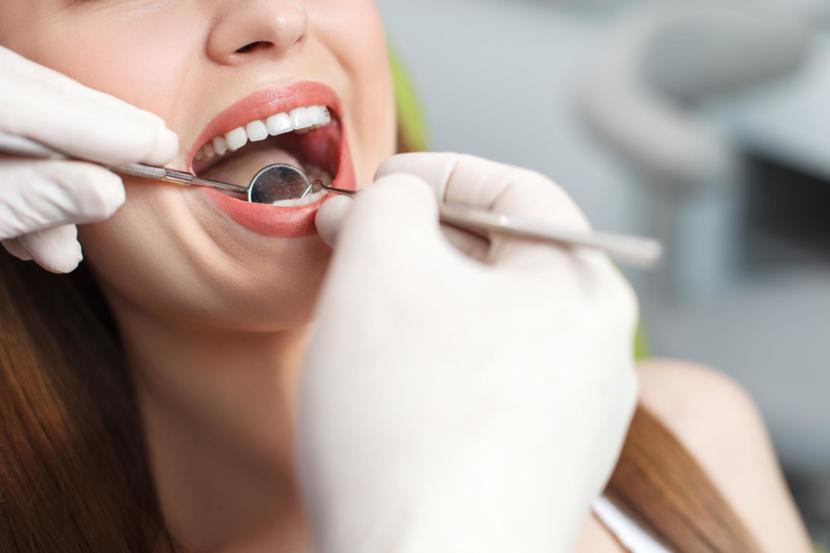Closing the Chasm between Medicine and Dentistry

Dr. Jimmy Kayastha is an oral and maxillofacial surgeon practicing in Charlotte, NC. Dr. Kayastha specializes in the treatment of problems related to the face, mouth, and jaws. As an oral and maxillofacial surgeon, Dr. Kayastha is a unique dental specialist who can provide emergency medicine, perform general surgery and... more
Since the beginning of modern healthcare, medicine and dentistry have existed as separate healthcare domains. The systemic separation began a century ago, and healthcare policy has historically reinforced it. While this separation appeared to serve well for many years, significant changes in healthcare have occurred and this separation is now obsolete and may in fact be harmful. This artificial division of care into organizational silos ignores the fact that the mouth is part of the body.
The emergent understanding of how oral health affects overall health, and vice versa, suggests that the continuation of this separation leads to incomplete, inaccurate, inefficient, and inadequate treatment of both medical and dental diseases. We are entering an era of accountability and need to focus on oral and craniofacial health as well as its connection to systemic health, research, and education. This will ensure the highest quality of care and safety for the patients and the communities.
Emerging evidence shows a relationship between poor oral hygiene, cardiovascular disease, and other chronic diseases—the common link is inflammation. Periodontal disease is caused by bacteria. When your gums are inflamed, bacteria from the mouth are getting into the bloodstream. There have been evidence-based scientific findings worth highlighting. The presence of periodontal disease may be associated with heart attacks, respiratory disease, diabetes, preterm births, erectile dysfunction, and osteoporosis. There are links between human papillomavirus and oral cancers.
Current healthcare policies' status quo approach of maintaining separate medical and dental care delivery systems needs to be reevaluated. We need to develop a medical-dental model of care to facilitate cross-disciplinary care wherein primary care practitioners engage in oral health screening and dental providers perform basic history and physical assessment, with triage to appropriate care; and tracking of compliance and outcomes.
There are major challenges ahead for the U.S. health care system. For this integration to happen, there are important conditions that need to be met. These include defining a core set of dental care services deprived areas in the country to promote flexibility for specialty care services. Core priorities should include access to dental care for disadvantaged populations by integrating medical and dental care to improve overall health. The focus should be on prevention through inter-professional education and collaborations.
Primary care physicians and nurses should engage in the early intervention on the importance of maintaining good oral health. Telemedicine, patient portal, social media, and mobile technologies can be used in managing oral-systemic diseases. Most importantly, train the next generation of medical and dental providers, educators, and researchers in the new integrative model. Even though technology and the market are constantly changing, there is one thing that always remains the same - the human concern for health. The strength of overall healthcare in a community relies on an interdisciplinary approach – its integration.









